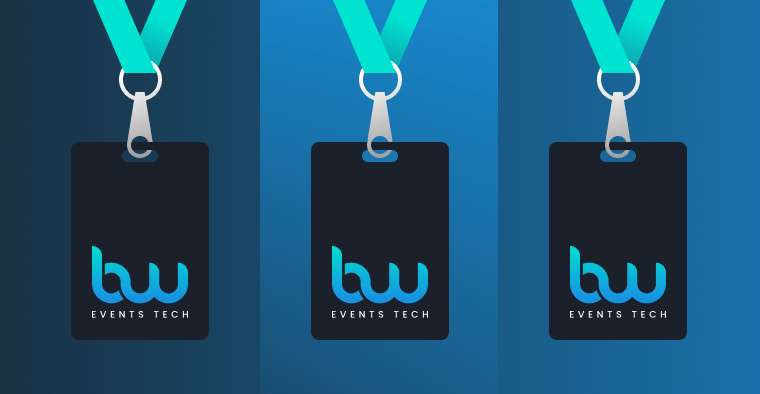Corporate events might include a new product launch, a celebration of your sales and marketing team’s accomplishments, or a team picnic in the countryside. A corporate event, when planned by a corporation, might be focused on its staff or its customers. The first is a terrific approach to show your staff how much you care about them and how important they are to the company. Workers are, after all, a company’s most precious resource. Corporate events are important for businesses because they allow for the development of fresh ideas inside the workplace. They may also be entertaining while also being educational, boosting work morale and facilitating team development. Be prepared to confront special problems while preparing a business event, such as financial limits, poor attendance, and so on.
Planning a Successful Corporate Event
It’s critical to lay out all that has to be done before preparing a business event. Before planning a business event, there are a few things you should know and keep in mind:
Pre-Event
1. Set Goals
Setting a kind and goal for your corporate event is the first and most important thing you must do.
Determine the theme of your business event as well as the goal of the Corporate events. Having a clear aim can help you run things efficiently.
2. Estimate Event Budget
It’s time to figure out your budget after you’ve determined your Corporate event’s goal. When settling on a budget, take into account all of the potential costs associated with the event. Set financial constraints to prevent yourself from overpaying.
3. Make Attendee List
After you’ve planned your budget and defined your goal, it’s time to build a guest list or design a beautiful invitation card for your staff. Pre-event audience identification will assist you in selecting the proper equipment and services.
4. Choose Venue
After you’ve completed the guest list, the following step is to choose a venue. The trick is to pick a location that will make the celebration unforgettable. Keep the costs under control when you do this. Choose a location that will attract the target audience as well as your personnel.
5. Do Marketing
If your corporate event is open to the public, you’ll need to devote time and resources to promoting and publicizing it. If your event is internal, however, this does not negate the need to publicize it. To establish a successful event, you must instill enthusiasm in all of your guests in the weeks leading up to the event.
6. Make Arrangement
After you’ve completed all of the above, it’s time to make all of the necessary preparations for the impending event. Choose a name for your event and a theme, then gather all of the necessary equipment and supplies. Make a list of the activities you’ll include in your event and share it with your team and management.
On Event Day
1. Monitor and evaluate
Keep track of your event’s budget, objectives, venue, and other pertinent details to ensure that everything is in order. You’ll also need to keep track of all of the costs incurred throughout the event. One of the most crucial components of planning a business event is to consider this.
2. Gather and share ideas
A corporate event is an ideal setting for gathering and sharing innovative ideas. Find strategies to collect suggestions from your participants throughout the event in order to improve your organization or goods.
3. Establish Connection
Have a designated individual meet each and every visitor at the door. A business event is an excellent opportunity to network and meet new clients.
Post- Event
1. Follow up
After a successful business event, the right approach to wrap it up is to perform a follow-up. By sending emails, thank everyone who came to your event. If you’re short on time, use pre-written content and emails. Post-event emails are also an effective approach to promote new items and services.
FAQ
What is the purpose of event planning?
You will save time and money by hiring an experienced event planner.
We’ll choose reliable vendors and suppliers for you, negotiate the best pricing, discounts, and terms and conditions on your behalf, and plan every detail of your event. Using an event planner relieves stress and anxiety, allowing you to relax and enjoy your event.
How do you stay on track with your budget?
We maintain thorough records of everything we have to spend money on. This is accomplished by constantly monitoring and updating spreadsheets, understanding where to prioritize spending, and setting aside a budget for unexpected expenses.
How much do you charge?
Before providing a quote, we will review all of your event requirements because the costs paid will certainly vary depending on the size and type of the event, the complexity of the preparation, and our degree of engagement. We’ll remain in touch with you about our time, hours worked, and particular products, but we’ll also stick to your budget and prepare appropriately. There will never be a charge greater than the amount agreed upon, and there will be no hidden fees or surprises.
Can you deal with last-minute changes in plans or unexpected events?
We’ve dealt with a lot of unexpected situations before. We incorporate contingency plans into all of our events and are always putting together preparations to deal with emergency circumstances. Rest confident that your event is in the best possible hands.
What is your policy on refunds and cancellations?
We understand that situations happen that are out of your control from time to time. If you require a refund for a cancelled event, talk to your event planner as soon as possible, before any further services or items are bought. Before engaging into contracts, we will explain our rules with you, and then we will communicate with you in the sad case that an event is canceled.

